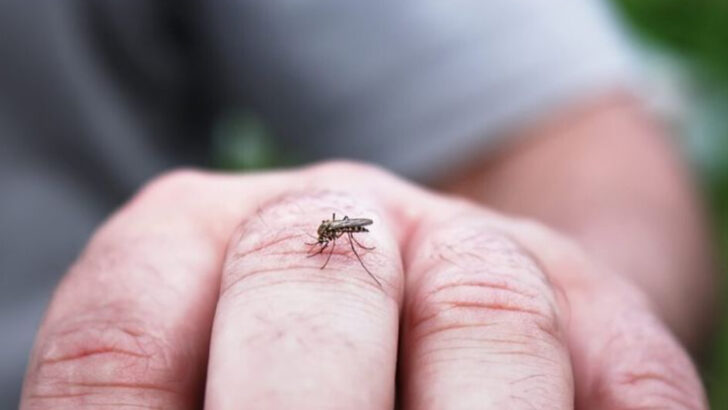If mosquitoes throw a party, you’re the main course. Some people can stroll through a summer evening without a single bite. Others? They’re swatting, itching, and wondering what kind of blood sacrifice they unknowingly made. This isn’t random. Mosquitoes choose their victims—and their reasons are weirder than you think. From your breath to your skin chemistry to what you had for lunch, they’re tuned in like little, winged detectives. So why you? And why not the person standing right next to you? Let’s get into the 12 surprising reasons mosquitoes are obsessed with some folks… and couldn’t care less about others.
Blood Type
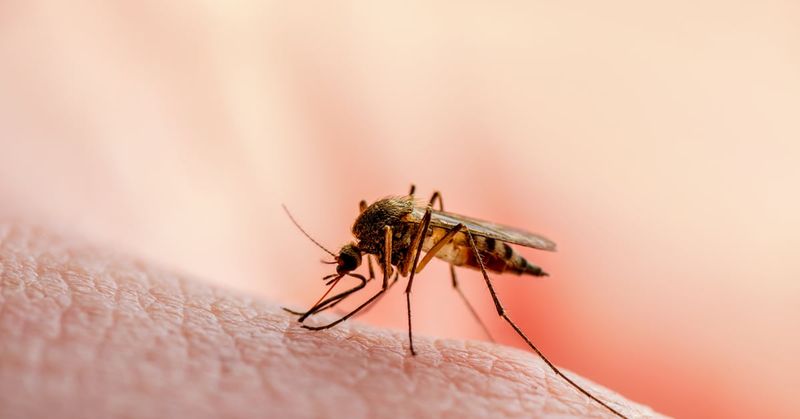
If you’re a Type O, mosquitoes may see you as a gourmet delight. Studies suggest that people with Type O blood are more susceptible to mosquito bites than those with other blood types. This peculiar preference is rooted in the chemical cues our bodies emit.
Those with Type O blood secrete certain compounds through their skin that mosquitoes find alluring. This attraction is not shared equally among all blood types.
So, if you’ve got Type O blood, you might want to stock up on repellent before heading outdoors.
Body Heat
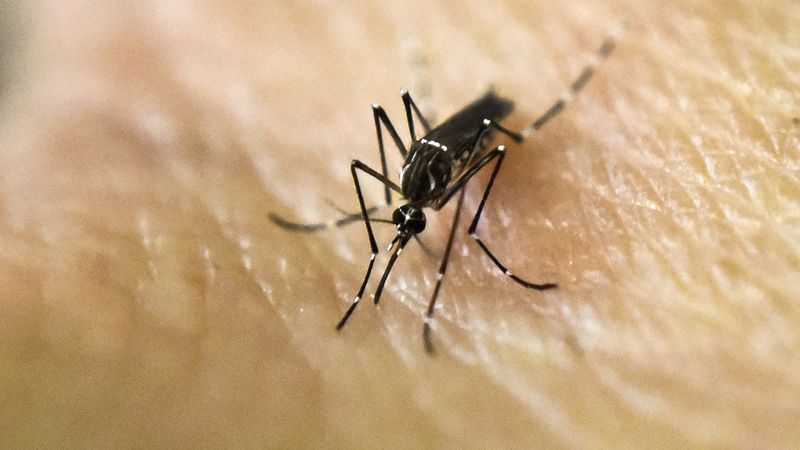
Mosquitoes are natural heat-seekers. If you tend to run warm, you may attract more mosquito attention. Our body temperature fluctuates depending on various factors, like exercise and metabolism.
During physical activities, your body emits more heat, making you a glowing target for mosquitoes. Even at rest, some people naturally have a higher resting body temperature, which can make them more appealing.
To avoid being a mosquito magnet, consider keeping cool, especially during peak mosquito hours.
Carbon Dioxide
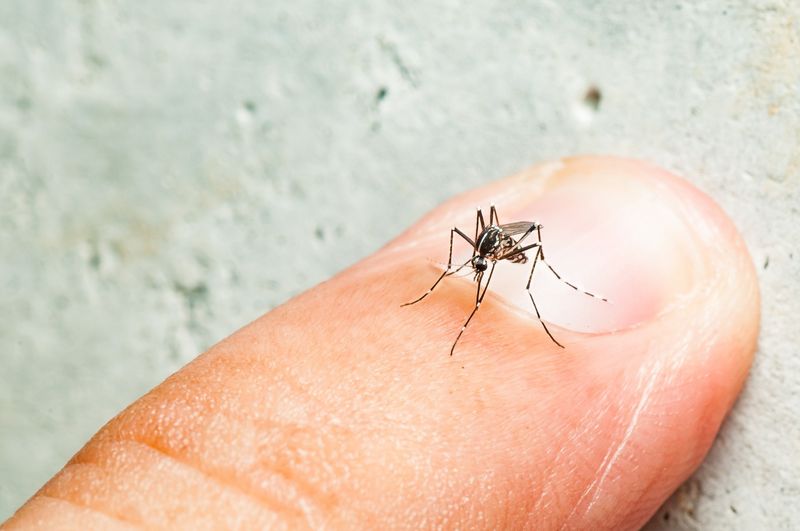
Every breath you take could be beckoning mosquitoes. These insects are incredibly skilled at detecting carbon dioxide, and they can sense it from more than 150 feet away.
Exhaling more carbon dioxide means you become a more obvious target. Larger individuals or those engaged in physical activities exhale more CO2, inadvertently making themselves more attractive to mosquitoes.
Being aware of the amount you exhale might help you stay under the mosquito radar.
Skin Microbiota
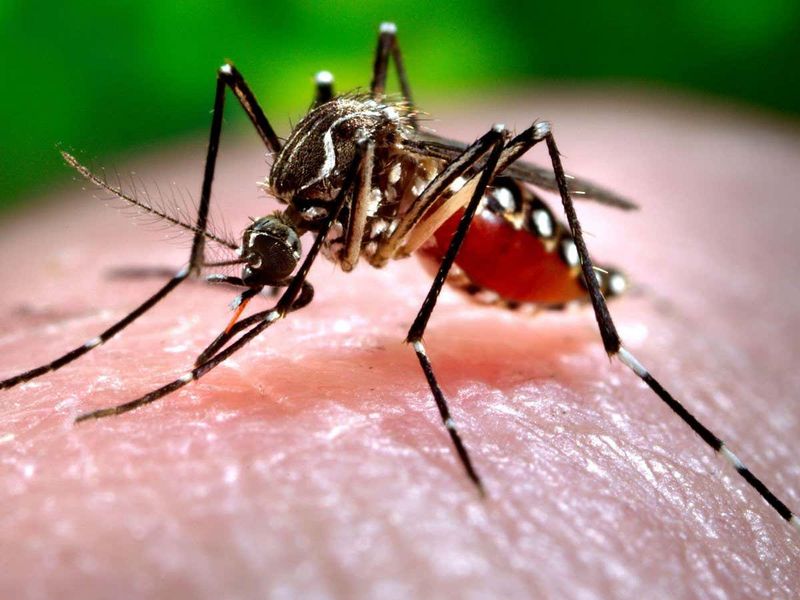
Forget perfumes; it’s your natural scent that might be drawing mosquitoes. Our skin hosts a complex ecosystem of microorganisms, and their metabolic byproducts can either attract or repel mosquitoes.
The diversity and quantity of these skin microbes vary from person to person. Some skin microbiomes produce scents that mosquitoes find irresistible, while others do not.
Understanding the uniqueness of your skin’s microbiota might offer insights into why you’re a mosquito’s favorite.
Color of Clothing
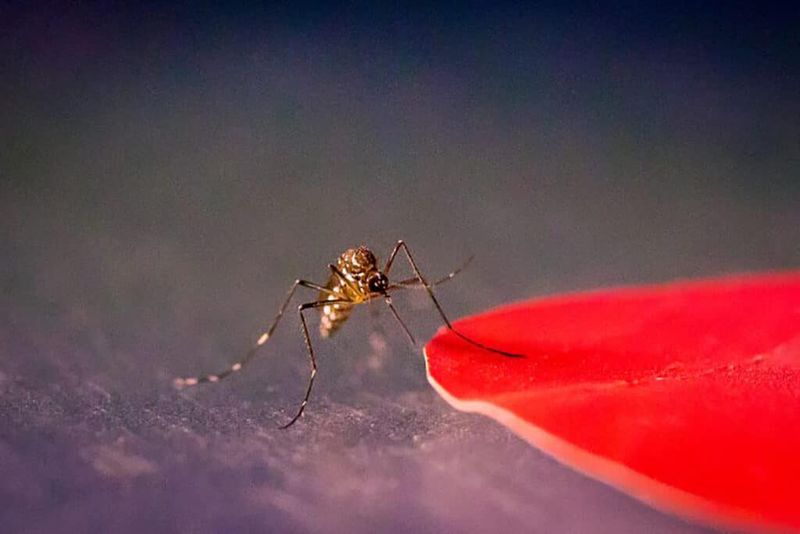
It turns out, mosquitoes might have a fashion sense. They are more attracted to dark and bright colors. When you wear these, you stand out against the natural environment, making it easier for mosquitoes to spot you.
Light colors, on the other hand, blend better with the surroundings, offering some camouflage.
Choosing your outfit wisely might just save you from those itchy bites. Next time you head outdoors, consider opting for lighter hues.
Sweat and Lactic Acid
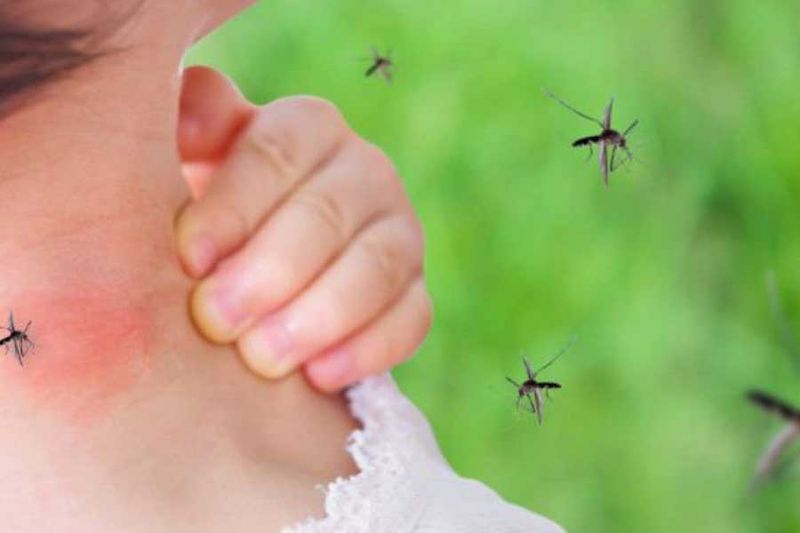
Are you an athlete or do you engage in physical activities often? If so, your sweat might be calling mosquitoes. Sweat contains lactic acid, a compound that mosquitoes find particularly appealing.
As you break a sweat, especially during intense workouts, the increased lactic acid concentration on your skin can make you a prime target.
Staying dry and clean after a workout might just keep these buzzing nuisances at bay.
Pregnancy
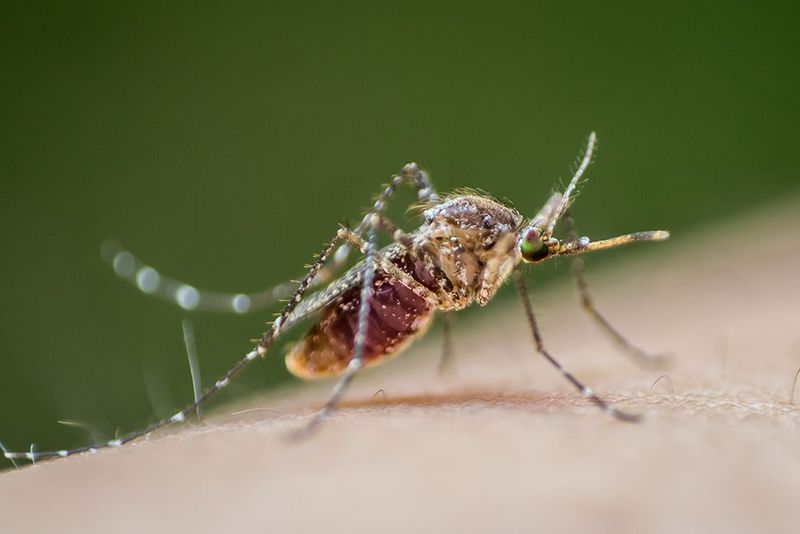
Pregnancy can transform women into mosquito magnets. During the third trimester, a woman’s body temperature is slightly elevated, and they exhale more carbon dioxide.
These changes make pregnant women more attractive to mosquitoes compared to their non-pregnant counterparts. With these factors combined, expectant mothers might find themselves swatting away more mosquitoes than usual.
It’s essential to be mindful of this increased attraction during outdoor activities.
Beer Consumption

Here’s a toast to being a mosquito’s best friend! Enjoying a cold beer might make you more appealing to these pests. Studies have shown that drinking beer increases sweat production and body temperature.
Both of these changes can make you more attractive to mosquitoes. The exact reason is not entirely understood, but it appears that some components related to beer consumption create inviting scents.
While a refreshing drink might be enjoyable, it might be best to sip indoors if mosquitoes are around.
Genetic Factors
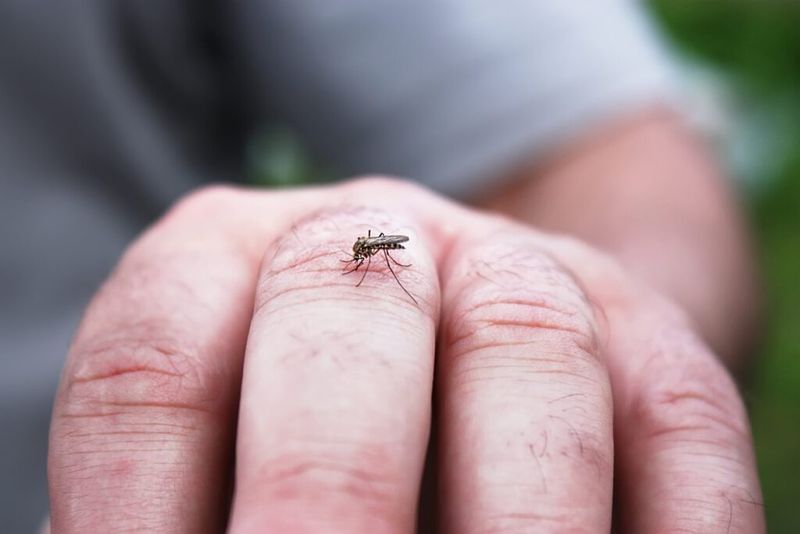
Genetics play a significant role in why mosquitoes might prefer you over others. Certain genetic factors influence your natural odor, sweat composition, and even the heat your body emits.
These subtle differences can make you either more or less attractive to mosquitoes. Some people have a genetic makeup that naturally repels mosquitoes, while others might not be as fortunate.
Understanding your genetic predispositions can provide insights into your unique appeal to mosquitoes.
Metabolic Rate
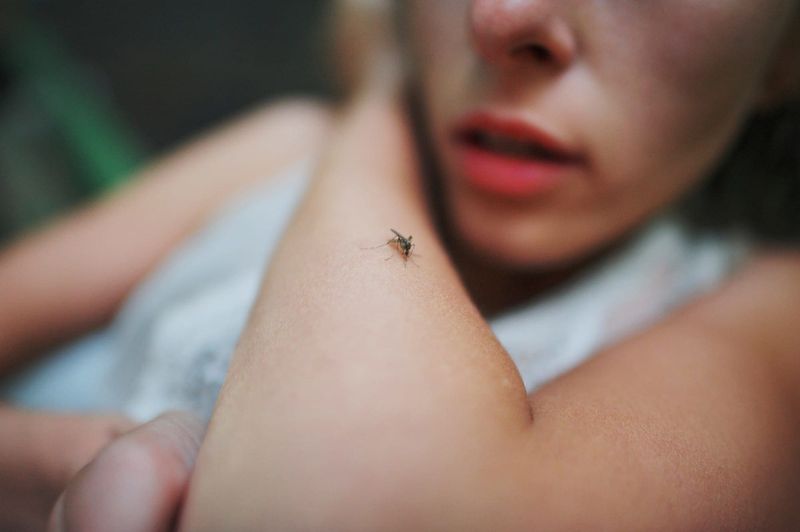
Your body’s metabolic rate could be a mosquito’s invitation. A higher metabolism means you produce more heat and carbon dioxide, both of which are irresistible to mosquitoes. Active individuals often have higher metabolic rates, making them more attractive to these pests.
While a fast metabolism is beneficial in many ways, it doesn’t do you any favors when it comes to mosquitoes.
Knowing how your metabolism affects mosquito attraction can help you take steps to protect yourself.
Fragrances and Perfumes
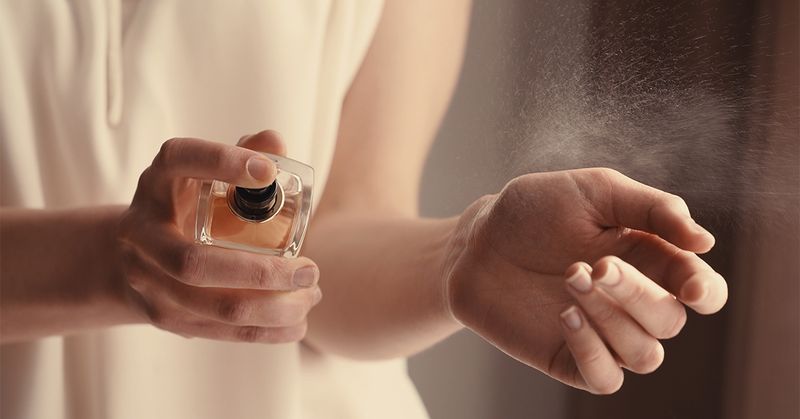
Your favorite perfume might be your worst enemy in mosquito-prone areas. Certain fragrances, especially floral and fruity ones, can attract mosquitoes. These scents mimic the natural aromas that mosquitoes find appealing.
While smelling good is pleasant, it might inadvertently signal mosquitoes to come closer.
Choosing fragrance-free or mosquito-repelling scents could help you enjoy your time outdoors without incessant buzzing around.
Time of Day
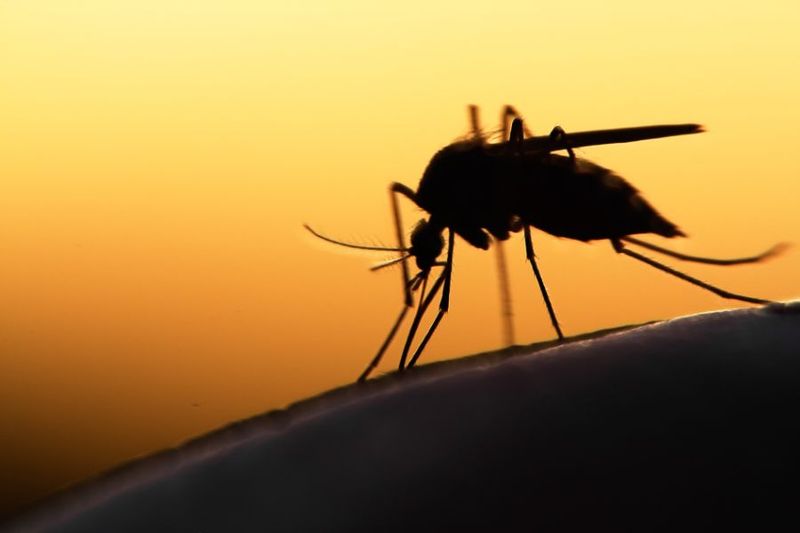
Dusk and dawn aren’t just for admiring sunsets and sunrises; they’re also prime time for mosquitoes. These insects are most active during these times due to the cooler temperatures and lower wind speeds.
If you find yourself outdoors when mosquitoes are most active, you might become their next meal.
Planning your activities to avoid these peak hours can significantly reduce your chances of getting bitten.

